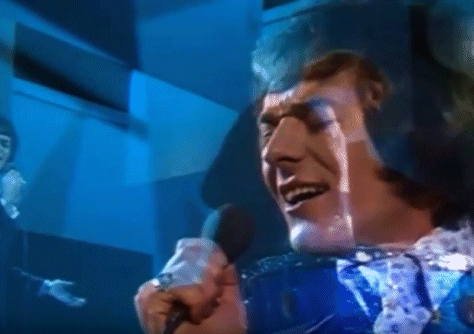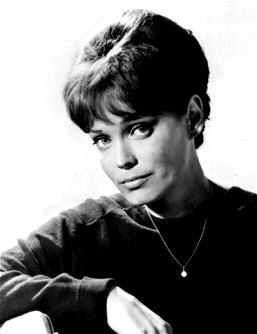Sixties
City presents
a wide-ranging series of
articles on all aspects of the Sixties, penned by the creator of the iconic
60s music paper Mersey
Beat
|
Sixties
City presents
a wide-ranging series of
articles on all aspects of the Sixties, penned by the creator of the iconic
60s music paper Mersey
Beat
|
|||||
|
 |
BBC TV
closed the 1960s with a 75 minute tribute to sixties music, screened on
31st December 1969, in a co-production with the German channel ZDF. It was
directed by Stanley Dorfman and produced by Johnny Stewart, with Klaus Weislang
as associate producer. Stewart and Dorfman were the people behind the long
running 'Top of the Pops' programme. Stanley was co-producer and director
of TOTP and was to create the BBC's 'In Concert' series. He later moved
to Los Angeles where he made numerous music videos for leading artists and
he also directed 'Zeppelin Takes Flight', a film of the group's Royal Albert
Hall concert in January 1970. Stewart was a BBC producer who originally booked Frank Sinatra for a £50 fee to appear on Cyril Stapleton's Show Band Show. He also produced 'Juke Box Jury' for a time and in 1963 made a chart show pilot film called 'Teen and Twenty Record Club' that became 'Top of the Pops,' which he produced until 1973. Stewart passed away in 2005 at the age of 87. Being a UK-German co-production, the two hosts introducing the acts were Britain's Jimmy Savile and Germany's Elfie von Kalckrath. Considering the notoriety following his death for a lifetime of vile sexual acts against minors, Savile's contribution is likely to be shelved in any future showing of the television film. He has been exposed as one of the most notorious sexual predators Britain has ever discovered. I'll not mention his introductions to the various acts in this description of the show. The production was in colour, one month after colour television had been introduced in the UK by the BBC, although most people at the time were unlikely to have had access to colour television. Most of the artists mimed to the songs, beginning with The Who and 'I Can See For Miles', originally a chart hit in 1967. Next came Adam Faith performing live to one of the first No.1 hits of the 60s 'What Do You Want?'. He is backed by the Johnny Harris Orchestra, who also back him on 'Someone Else's Baby.' Next come The Tremeloes miming to their 1967 chart-topper 'Silence Is Golden' and they are followed by Lulu performing her recent joint-winner of the Eurovision Song contest - 'Boom Bang-a-Bang.' Interestingly enough, although a UK-German co-production, the only German artist to appear was Horst Jankowski with 'A Walk in the Black Forest' and the only song performed in the German language was 'Wiedehopf Im Mai', a version of 'Puppet on a String', sung by Sandie Shaw, who also performed 'There's Always Something There To Remind Me.' The Rolling Stones performed 'Gimme Shelter' live and The Pretty Things performed 'Midnight to Six Man' while The Beatles were featured in a clip from their Shea Stadium concert in New York. Other featured artists were The Ascott Dancers, The Bachelors, Cilla Black, The Hollies, Tom Jones, Kenny Ball and His Jazzmen, The Kinks, The Marmalade, Cliff Richard, Tony Bennett, Helen Shapiro and Dusty Springfield. 'Pop Go The Sixties' was produced at the BBC Television Centre in Shepherd's Bush, London. |
 |
|
Article
Text
UK
web hosting by
|